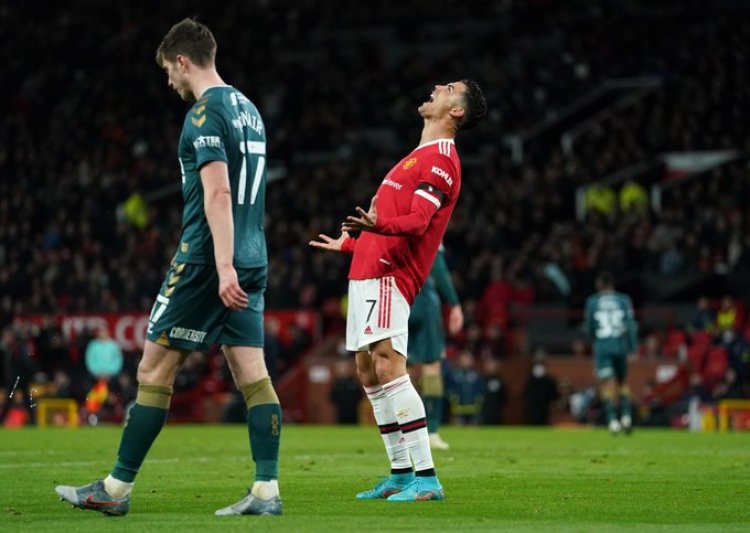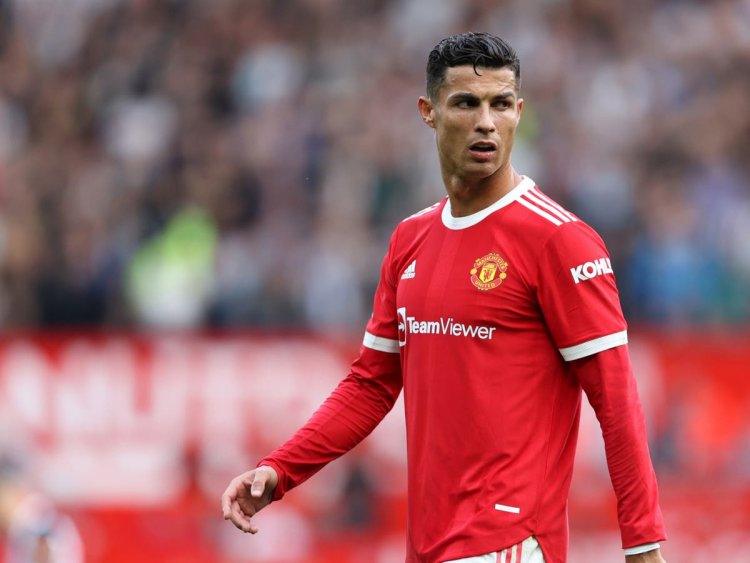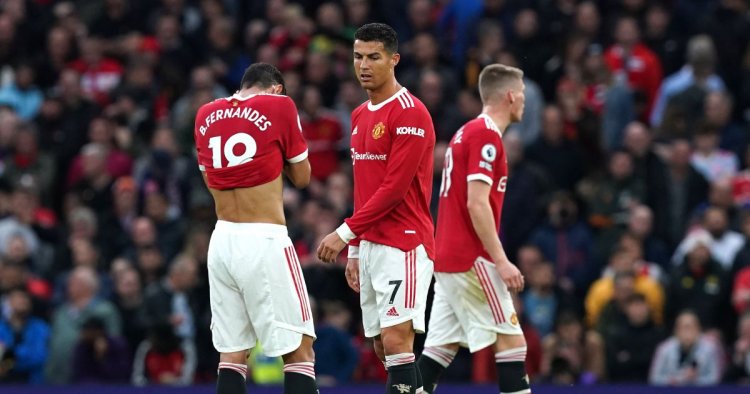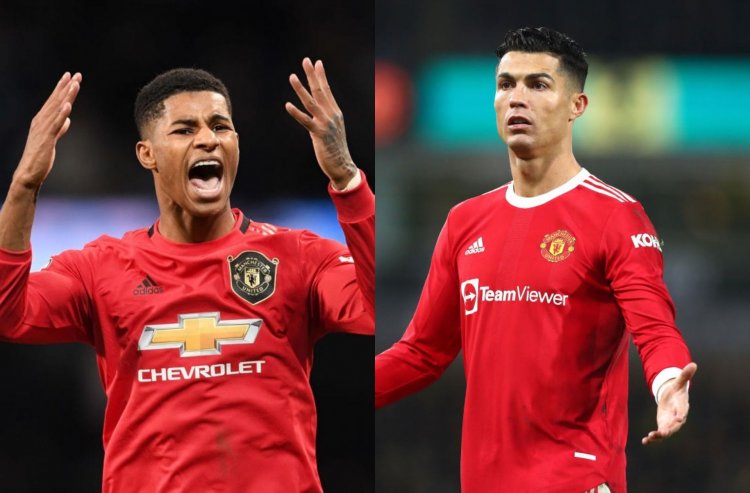Stats shows Man Utd are better without Ronaldo
United’s win percentage with Ronaldo starting is just 25 per cent

Once the main attraction of Old Trafford, Cristiano Ronaldo has become a distraction and detractor, struggling to make the impact he was expected to. Instead of pulling his team-mates up, statistically, it appears that he is dragging them down.
Ronaldo has featured in ten of United’s league matches this season, starting on just four occasions; of those matches, United have won one, drawn one and lost twice. However, with Ronaldo starting on the bench or not playing, United’s record with him is far better, having won seven of their ten matches.
United’s win percentage with Ronaldo starting is just 25 per cent, with an average of just one point per game; when Ronaldo does not start, it is 70 per cent and 2.2 points per game. Rather damningly for the striker, United score far more per game on average when he does not start (1.8 goals per game to 0.5).
For a number of years, the teams Ronaldo has played for have been able and willing to accommodate his unimpressive work without the ball due to the sheer volume of goals he scored and the matches he would consequently win. Yet now Ronaldo’s ability to score goals and win matches — the single quality that made him special — has waned.

The last few months have marked a sharp turn in fortunes for Ronaldo, though there were signs that his goalscoring form was unsustainable before he rejoined the club.
He was the third-top scorer in the league last season, with 18 goals, five fewer than joint golden-boot winners Mohamed Salah and Son Heung-min. After scoring two goals on his second debut, the Portuguese’s goalscoring form stagnated, before he scored nine goals in his final seven league matches of the season to mask what had been an otherwise underwhelming campaign.
Though by no means an insignificant sum, his 18 league goals last season was his lowest return since his final season in Manchester in the 2008-09 season, when he also scored 18.
Last season, United’s record with Ronaldo starting was far better than when he was on the bench. United won 51.9 per cent of the 27 games he started, compared to just 18.2 per cent of the 11 games he did not start, and the team averaged more goals per game (1.6 to 1.3). However, this season the reverse is true.
According to football statistics database FBRef, United’s goal difference per game when Ronaldo is on the pitch is 0.59 worse than when he does not play; and their expected goal difference is 0.13 worse off too.
Even the quality of shots Ronaldo is taking has fallen away: last season he averaged 0.16 expected goals per shot, this season it is half that, and for a player famed for his ability to find space and sniff out goals, he is yet to have a single shot inside the six-yard-box.

His touches are now seemingly everywhere but where he wants to be receiving the ball and shooting from too.
Ronaldo’s performances can be attributed to a number of factors: tactics, confidence and age. The tactics of Erik ten Hag, and formerly Ralf Rangnick, emphasise the importance of work without the ball, be it pressing, counterpressing or positional discipline, none of which are Ronaldo’s strengths.
With that apparent shortcoming in support from his managers at United, it is unsurprising Ronaldo has cut a frustrated and forlorn figure, but the most important factor is his age.
Though he has reinvented himself over the course of his career — from a fancy showboating winger to the ultimate goalscoring No 9 — no players are able to resist the effects of time — Ronaldo is less explosive than he once was, slower off the mark, and without that instantaneous burst of speed to move and create chances, he no longer has that edge which contributed to him becoming an exceptional goalscorer.
The striker is increasingly finding himself isolated from the rest of United’s play and in the moments he does have the ball at his feet he is far less effective with it. '
Furthermore, Erik ten Hag has placed a particular emphasis on team cohesion, with players who rotate and move freely and press as a unit. It is the antithesis of the Ronaldo of 2022 — he is a No 9 who likes the ball into his feet or floated ahead of him to attack with his head.

No longer as fleet footed as he once was, Marcus Rashford and Anthony Martial (when fit), are more mobile, adaptable and adept strikers for Ten Hag’s tactical system, with the pair able to play on the break, carry the ball at speed and are far more willing to move out wide and help provide for their team-mates.
Ten Hag has elected against picking Ronaldo for his toughest matches this season too, against United’s “big six” rivals — matches which United have won three, and drawn and lost one apiece — Ronaldo has played just 38 minutes, appearances from the bench against Liverpool and Arsenal, in matches United were already winning before he came on.
United have fared far poorer with Ronaldo playing this season than without him, and he appears to be playing worse in a system that is not suited to him. Going their separate ways may be the best for both parties.




















